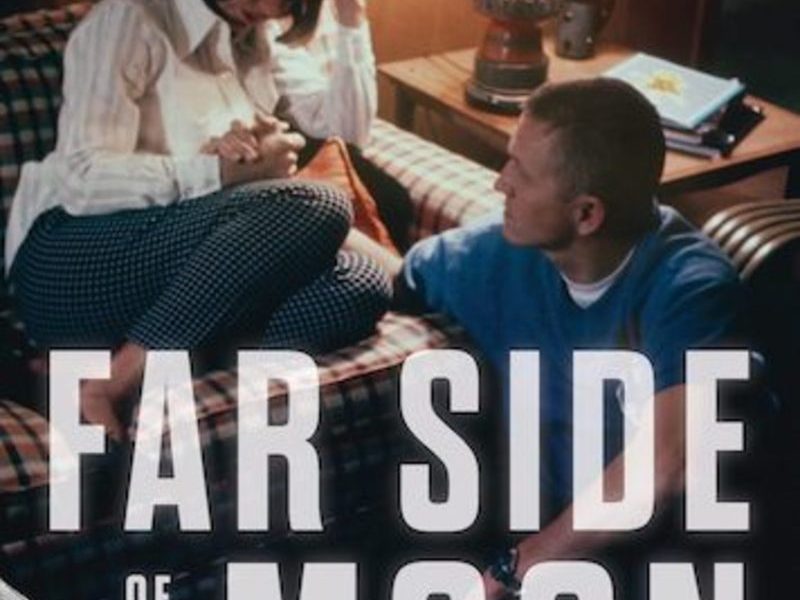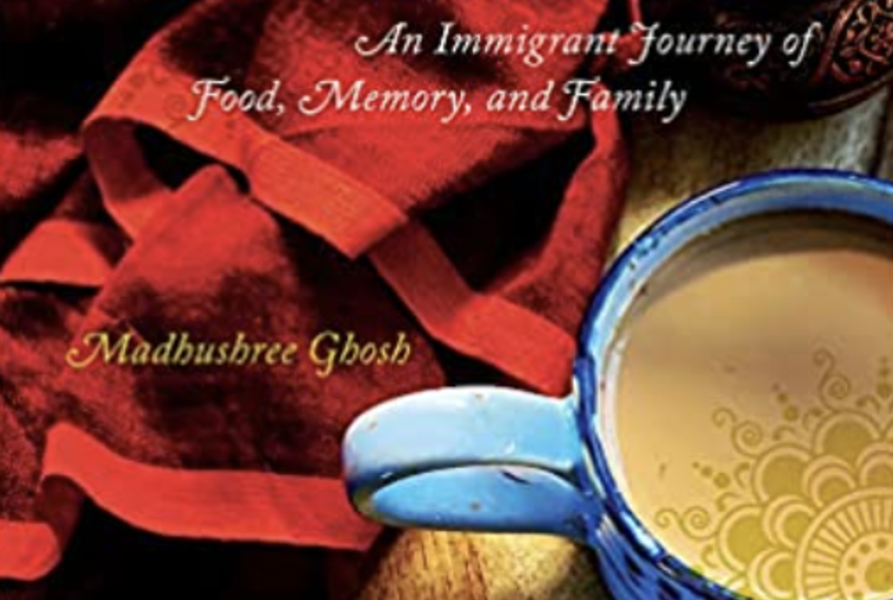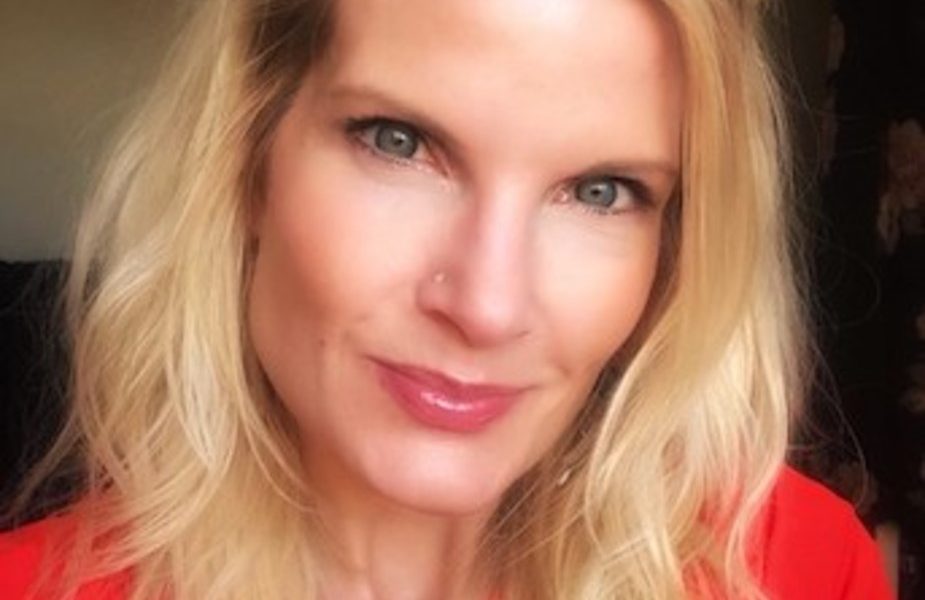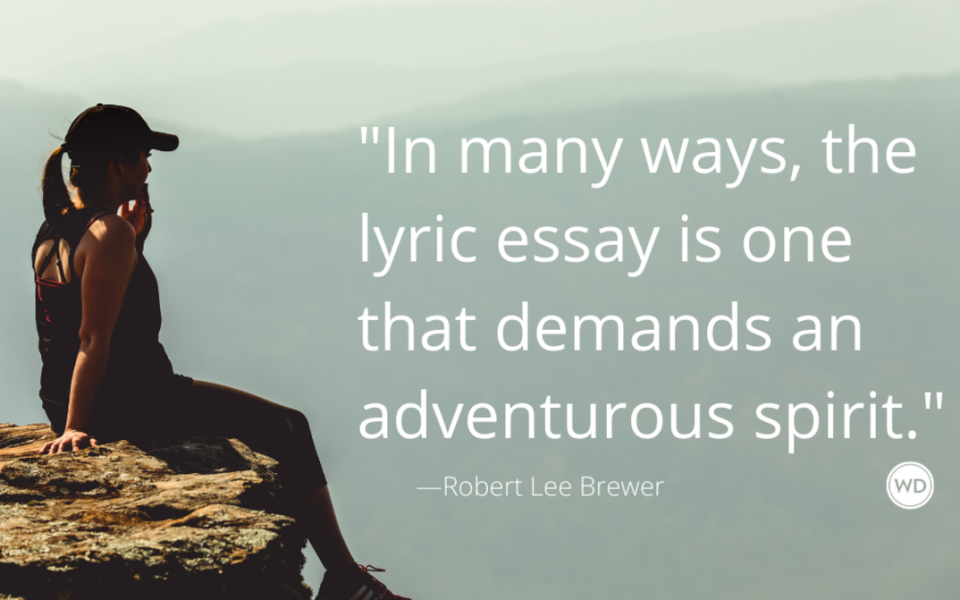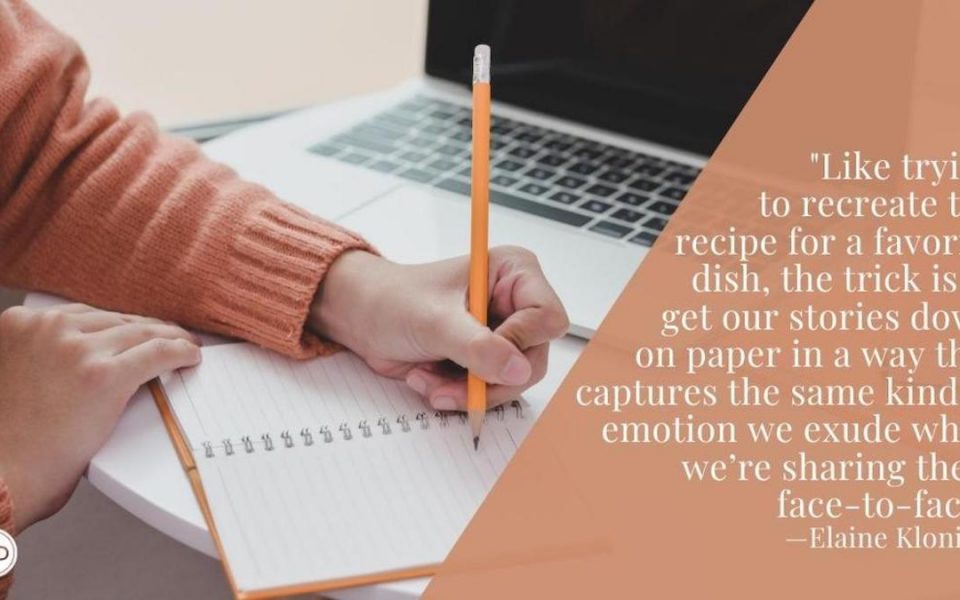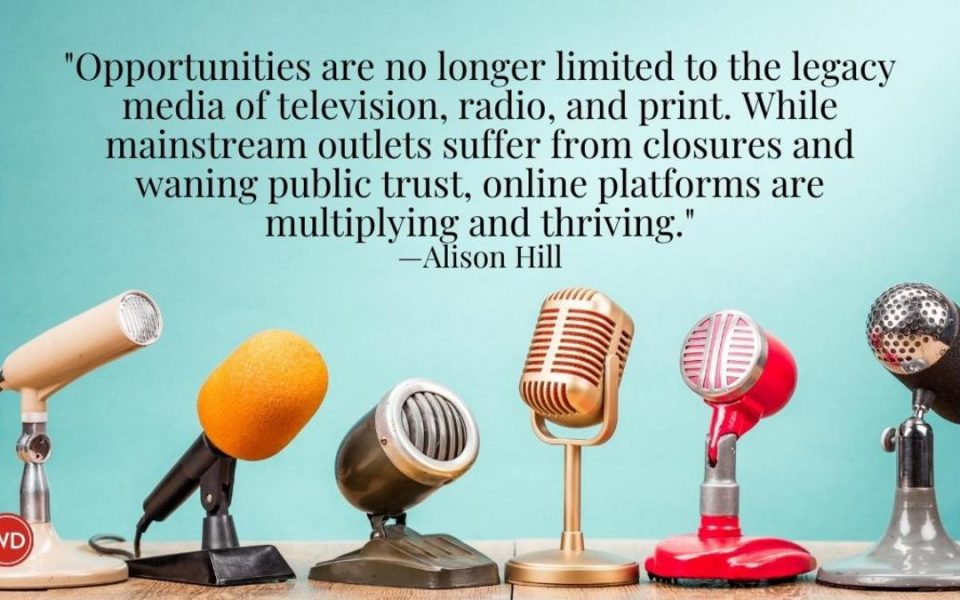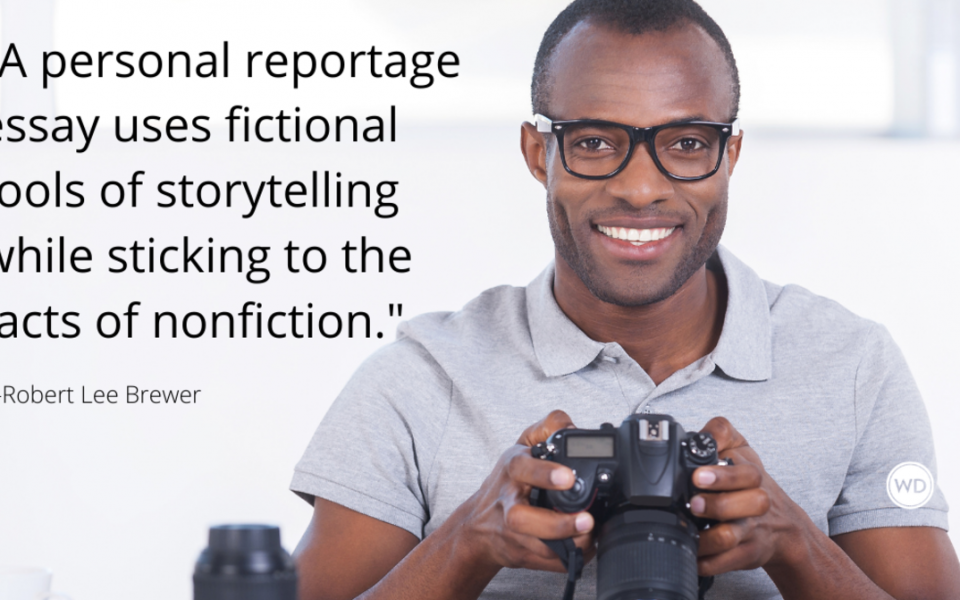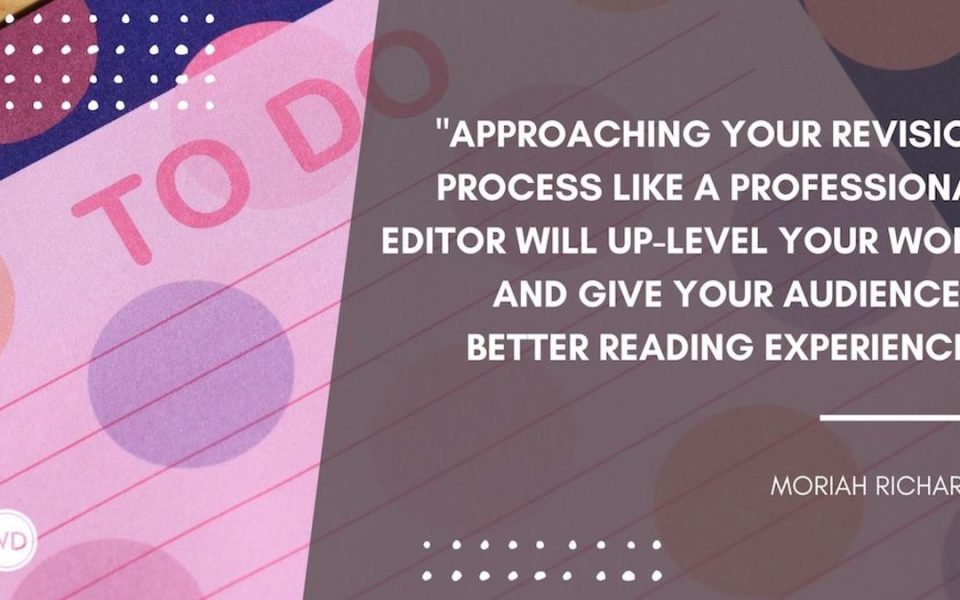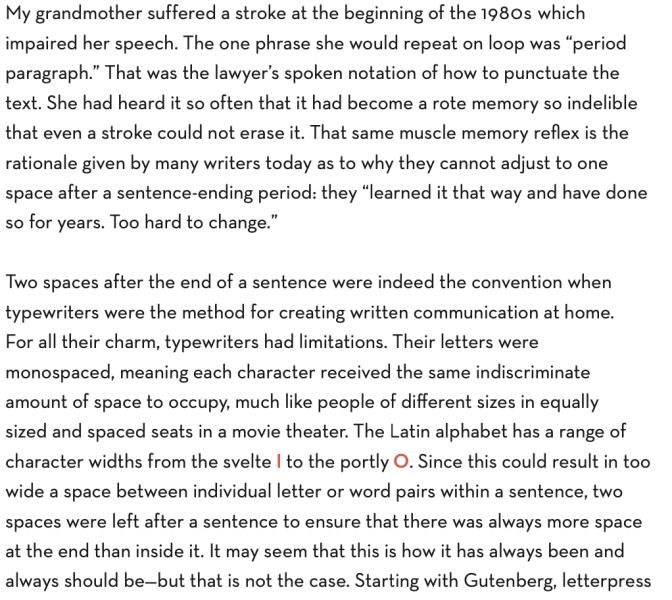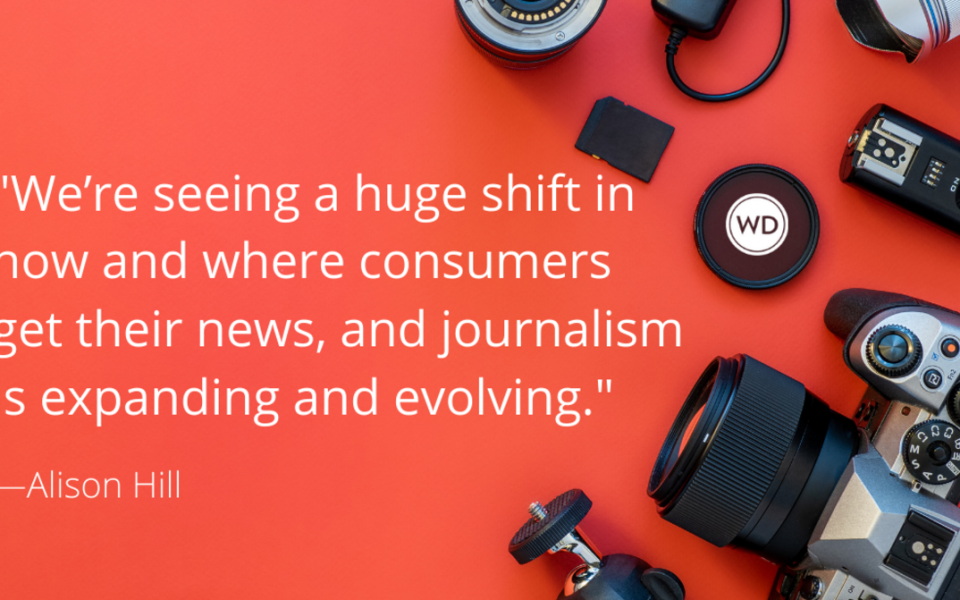Write Better Nonfiction / 20 posts found
Writing to End Stigmas Associated With Mental Illness and Disorders
(Editor’s Note and Trigger Warning: As the title suggests, this piece delves into the topic of mental illness, disorders, and treatment. It’s inspired by Liisa Jorgensen’s research on writing her nonfiction book Far Side of the Moon and is hopefully another step on the path to understanding how to write about a subject many people still have trouble discussing.) Mental illness is one of the most sinister diseases for an individual to face. You can’t see it. There is no physical manifestation to alert anyone to its presence unless you take the time to look deep into someone’s eyes who […]
The Braided Essay: What It Is and Why I Used This Writing Structure for My Food Memoir
I’ve always been a passionate fan of the braided essay in creative nonfiction. In a braided essay, one can align three or more threads of focal ideas throughout the piece, each idea separated via space breaks, white space, or section breaks. I’ve usually used a memory-based/childhood or an event’s narration, or my own perspective of a personal incident and highlight a more universal topic or thread in the second braid. Sometimes a third braid is a researched topic that ties the above two together. Much like the mosaic essay, the threads appear disjointed, or out of place till a third […]
What Is a Lyric Essay in Writing?
I saved the lyric essay for April, because April is poetry month, and the lyric essay is a little more on the poetic and experimental side of creative nonfiction writing. In fact, most places that talk about the lyric essay reference poetry. Does that mean only poets can write the lyric essay? Well, that’s one of the topics we’ll address here. (What Is a Personal Essay in Writing?) In this post, we’re going to look at what a lyric essay is, including what makes it different from other types of essays and when writers may prefer to use this style. […]
How to Write Compelling Personal Essays: 9 Ingredients for Spicing Up Your Writing
“What’s so special about you?” It sounds like a playground taunt. But if you want to write personal essays, it’s the most important question you can ask yourself. When you describe some special moment in your life, no matter how small, it should resonate with others, and in doing so, move them. That’s the writer’s payoff, and the reason most of us spend so many hours at our keyboards. (What Is a Personal Reportage Essay in Writing?) Every day, in person, we tell our stories to friends and co-workers in part to get a reaction from them. Like trying to […]
How To Become a Journalist
So, you want to become a journalist? Great choice—there’s never been a greater need for diverse and skilled individuals in the rapidly expanding and evolving news industry. (What Is Investigative Journalism?) Opportunities are no longer limited to the legacy media of television, radio, and print. While mainstream outlets suffer from closures and waning public trust, online platforms are multiplying and thriving. There are openings in both traditional and digital platforms, but just remember that we are trending towards multimedia journalism. News and features are now presented in a multitude of ways, combining text, graphics, images, audio, and video. So keep […]
What Is a Personal Reportage Essay in Writing?
Many writers are probably familiar with how journalistic reporting reads, very fact-based with the 5 Ws and 1 H to go along with an inverted pyramid style of placing the most essential information at the top followed by other pieces of information in descending order of importance. Many writers also have a good idea of what a personal essay is. (What Is a Personal Essay in Writing?) In this post, we’re going to look at what a personal reportage essay is, including what makes it different from other types of essays and when writers may prefer to use this style. […]
Writing Mistakes Writers Make: Rushing the Editing Process
Everyone makes mistakes—even writers—but that’s OK because each mistake is a great learning opportunity. The Writer’s Digest team has witnessed many mistakes over the years, so we started this series to help identify them early in the process. Note: The mistakes in this series aren’t focused on grammar rules, though we offer help in that area as well. (Grammar rules for writers.) Rather, we’re looking at bigger picture mistakes and mishaps, including the error of using too much exposition, neglecting research, or researching too much. This week’s writing mistake writers make is rushing the editing process. Writing Mistakes Writers Make: […]
Typography Since the Typewriter
(Editor’s Note: Please enjoy this piece from Michael Arndt on typography since the typewriter. Understandably, Arndt is a little particular in how the fonts in this piece should display. However, our web platform, much like the typewriters mentioned in this piece, is a little limited in font options, so we’ve made images of his piece to retain style and formatting.) Learn more about Michael Arndt’s Snails & Monkey Tails: A Visual Guide to Punctuation & Symbols IndieBound | Amazon (Writer’s Digest uses affiliate links.) ***** No matter what type of writing you do, mastering the fundamentals of grammar and mechanics […]
Citizen Journalism vs. Traditional Journalism
“Traditional journalism is the outside looking in. Citizen journalism is the inside looking out. In order to get the complete story, it helps to have both points of view.” Mitch Gelman, President and CEO of WCNY, was referring here to the ‘boots on the ground’ reporting of citizen journalists and bloggers in the aftermath of hurricane Katrina. A CNN.com executive producer at the time, Gelman was impressed with the ‘extraordinary first-person accounts’ posted online, which took audiences into “the heart and soul of the story.” (What Is Investigative Journalism?) Almost two decades later, not only are citizen journalists sharing their […]

